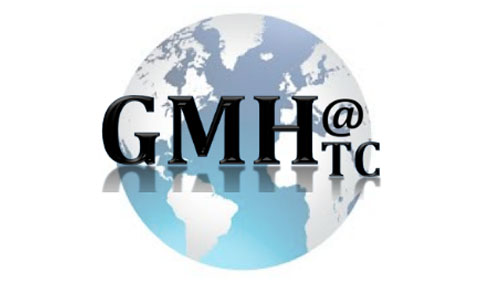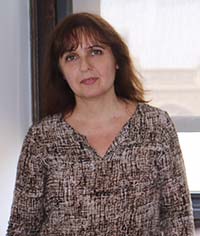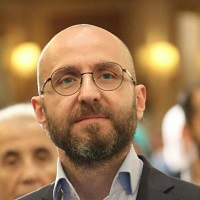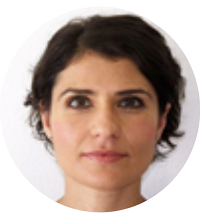GMH Human Rights and Policy Institute

Program Description:
There is an imperative for a new ecology of global mental health and disability that positions the individual and society as inextricably linked within a human rights framework. This new approach espouses mental health and disability not merely on the grounds of impairment and pathology based on the biology, physiology and psychology of the individual, but also about the environments in which they function and interact, and the systems with which they intersect. Thus, a new conceptual, methodological, programmatic, policy and legislative rights-based framework is required to:
- Transform systems to adopt more equitable, accessible and inclusive laws, policies and programs by assessing, adopting and improving respect for human rights and dignities;
- Identify and remove systemic, attitudinal and environmental barriers and mainstream disability and mental health at all levels of the health, education, employment, social, legal and protective systems and services;
- Position biopsychosocial factors as major health and social determinants for the onset, expression, course, and outcome of disability and mental health conditions.
The overarching goal of the Global Mental Health Human Rights & Policy Institute is to offer a training in evidence-based policy and program development in global mental health, disability, and human rights. The institute will present knowledge and guidance across disciplines and practices to collectively work towards a rights model of disability and mental health, promoting diversity, equity and inclusion in the global health and the development agendas, and in emergency humanitarian contexts.
The policy institute will:
- Deliver a series of complementary and interrelated modules that are designed to address the wide variety of needs and priorities in disability and global mental health advocacy and policy development through a human rights lens.
- Explore the conceptual, theoretical and practical transformational policy and programmatic interventions to develop Integrated Systems of Care for Disability, Mental Health Disorders with evolving applications of the human rights frameworks to evidence-based services, policies and legislation in health/mental health, disability/rehabilitation, education, employment, social, protective and emergency services.
- Demonstrate and guide critical skills in policy formulation, implementation and evaluation needed to design Disability and Mental Health Advocacy and Policy to both combat stigma, discrimination, and ableism and to promote rights, recovery and inclusion of persons with disabilities and mental health disorders, informed by evidence and aligned with international treaties and conventions.



